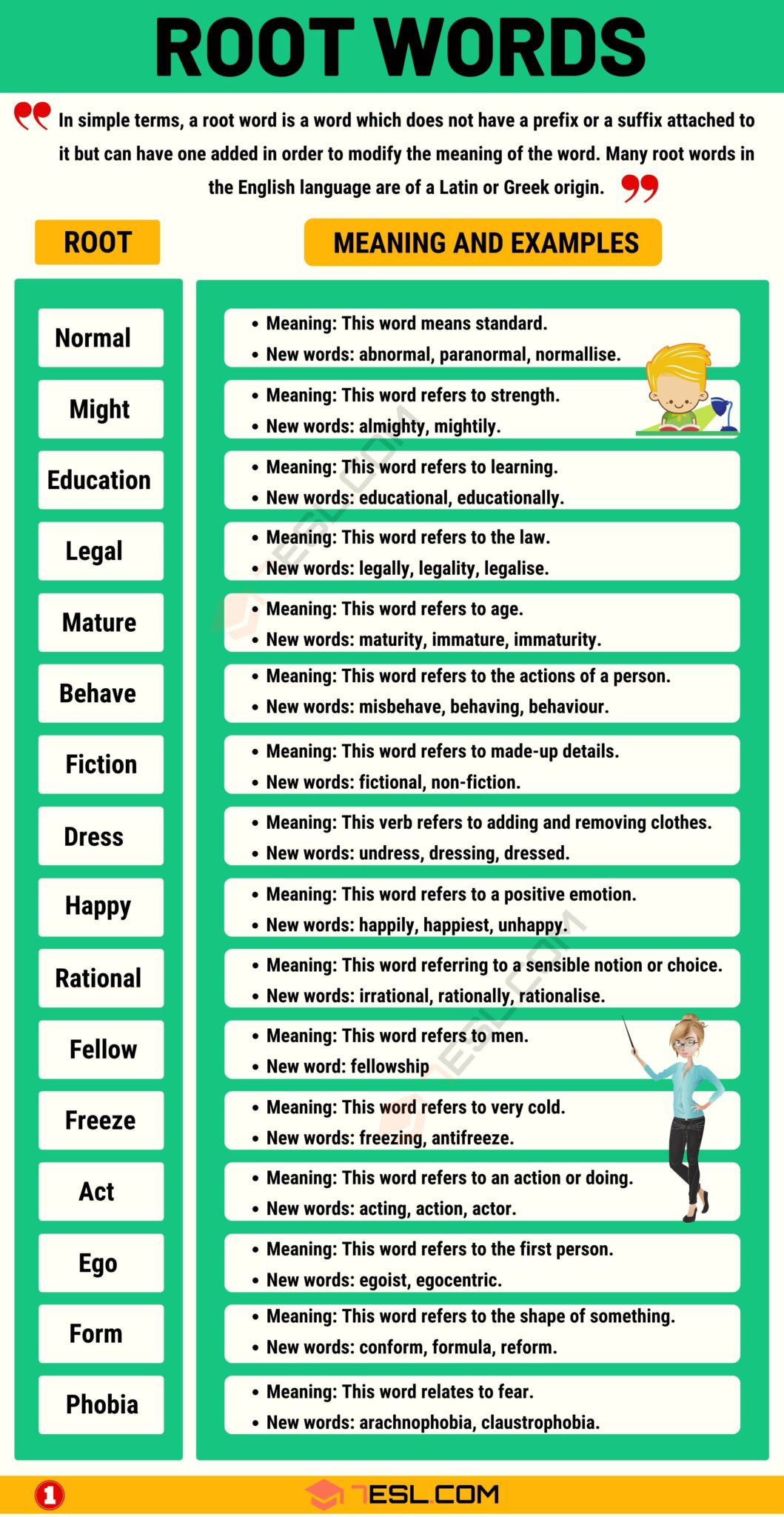Unlocking Illumination: A Deep Dive into Lum and Luc Root Words
Have you ever noticed how certain words seem to share a hidden connection, a subtle echo of meaning? The English language, with its rich tapestry of borrowed roots and evolving usage, is full of these fascinating patterns. Take, for instance, the root words "lum" and "luc," derived from the Latin word "lux," meaning "light." These seemingly simple syllables act as linguistic building blocks, illuminating a vast network of words related to concepts like brightness, clarity, and understanding.
From the obvious "illuminate" and "translucent" to the more nuanced "lucid" and "elucidate," these words carry the essence of "lux" within them. Their presence in our vocabulary is a testament to the enduring power of light as a metaphor for knowledge, truth, and intellectual illumination. It's no coincidence that we speak of "bright ideas" and "shining examples," subconsciously linking intellectual prowess with the brilliance of light.
The influence of "lum" and "luc" extends far beyond everyday vocabulary. It permeates scientific terminology, with words like "luminescence" describing the emission of light, and "bio-luminescent" painting vivid pictures of creatures that glow in the dark. In literature and poetry, these roots are often employed to evoke imagery of enlightenment, whether it's the "lucid" prose of a skilled writer or the "illuminated" manuscript of a medieval scribe.
Delving into the etymology of "lum" and "luc" words offers more than just a linguistic exercise. It unveils the interconnectedness of language and human thought, highlighting how abstract concepts like knowledge and understanding have long been associated with the tangible phenomenon of light. This linguistic journey is an exploration of how we perceive the world around us and the power of words to shape our understanding.
As we navigate the intricacies of language, recognizing these shared roots can deepen our appreciation for the subtle nuances of meaning. It allows us to appreciate the poetry embedded within our everyday speech and to recognize the intricate web of connections that bind words and their histories together. So, the next time you encounter a word like "lucid" or "luminous," take a moment to appreciate the "light" it sheds on the fascinating world of etymology.
While there isn't a specific action plan or checklist for "lum" and "luc" words, understanding their meaning can enhance your vocabulary and comprehension. By being mindful of these roots, you'll develop a richer understanding of the English language and its capacity for expressing complex ideas with elegant precision.
Advantages and Disadvantages of Understanding "Lum" and "Luc" Roots
| Advantages | Disadvantages |
|---|---|
| Enhances vocabulary and reading comprehension | May not be directly applicable in all situations |
| Provides insights into word origins and meanings | Requires effort to learn and recognize root words |
| Deepens appreciation for language and its nuances |
Five Best Practices for Learning Root Words
1. Use a Dictionary: Look up unfamiliar words and pay attention to their etymologies.
2. Break Down Words: Practice identifying prefixes, suffixes, and root words within larger words.
3. Create Flashcards: Make flashcards with root words on one side and their meanings and example words on the other.
4. Read Actively: Pay attention to unfamiliar words in books and articles and try to deduce their meanings from context.
5. Use Online Resources: Explore websites and apps dedicated to etymology and vocabulary building.
Real-World Examples of "Lum" and "Luc" Words
1. Lucid Dreaming: A state of sleep where the dreamer is aware they are dreaming.
2. Bioluminescent Organisms: Creatures like fireflies and jellyfish that emit light through chemical reactions.
3. Illuminated Manuscripts: Medieval texts decorated with gold or silver to "illuminate" the pages.
4. Elucidate a Point: To make something clear or understandable by providing further explanation.
5. Translucent Material: A material that allows light to pass through it diffusely.
Common Questions About "Lum" and "Luc" Words
1. What is the origin of "lum" and "luc" words?
They come from the Latin word "lux," meaning light.
2. Are there any other related roots?
Yes, "lus" and "lum" are also related and appear in words like "illustrate" and "translucent."
3. Can understanding these roots help with learning new words?
Absolutely! Recognizing root words can unlock the meaning of unfamiliar vocabulary.
4. Are there any tricks for remembering root words?
Create mnemonics or visual associations to link the root with its meaning.
5. What are some examples of words with "lum" as a root?
Illuminate, luminous, luminescence, bioluminescent.
6. What are some examples of words with "luc" as a root?
Lucid, elucidate, translucent, pellucid.
7. Why is it helpful to learn about word roots?
It expands vocabulary, improves reading comprehension, and offers insights into the history of language.
8. Where can I find more information about word roots?
Dictionaries, etymology websites, and vocabulary-building apps are great resources.
Tips and Tricks for Working with "Lum" and "Luc" Words
* Context is Key: Pay attention to how these words are used in sentences to solidify their meanings.
* Create Word Webs: Brainstorm lists of words containing "lum" and "luc" and explore their connections.
* Play Word Games: Engage in word puzzles and games that focus on vocabulary and word origins.
In conclusion, exploring the fascinating world of "lum" and "luc" root words goes beyond mere linguistic curiosity. It unveils the intricate tapestry of language, highlighting the interconnectedness of seemingly disparate words. By understanding the shared origins and subtle nuances of these words, we gain a deeper appreciation for the power of language to illuminate complex concepts and shape our understanding of the world around us. Embracing etymology as a tool for learning empowers us to decipher the hidden stories within words and to wield language with greater precision and clarity. So, let's continue to explore the illuminating world of word roots and unlock the treasures hidden within our vocabulary.
Effortless style the ultimate guide to clothing for men over 50
Decoding the magic of ac water pumps cool comfort explained
Bob joyce photos exploring the visual legacy














